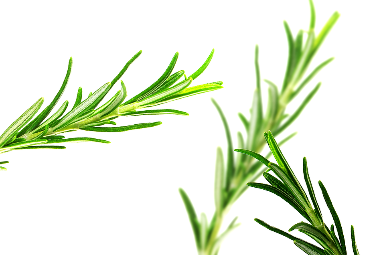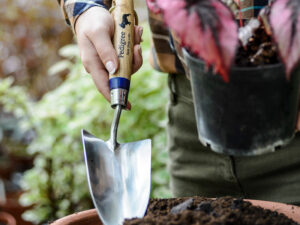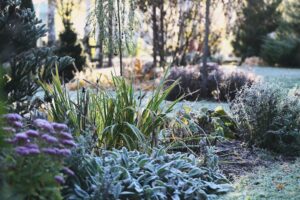
Most supermarkets sell ready-potted herbs nowadays, but it is fun to grow your own. And a lot of herbs are easy to grow indoors too in pots.
Herb growing top tips
You just need a soil-based compost such as our Topsoil Supreme, which is a lovely blend of compost, soil and sand.
Planting or sowing should ideally be done between March and August, and place a small amount of gravel in the bottom of the pots for extra drainage.
Think about where you want to place the pots too. Placing them in a sunny spot where they can get a lot of sunlight is ideal.
Don’t over water the herbs. It may be a good idea to turn the pots upside down once in a while and gently pull off the pot to see how the water level looks throughout the soil, not to mention seeing where the roots are. This will tell you if you are watering too much or not enough.
If a nice herbal infusion is your preferred tipple, then here are a few tips on growing some herbs renowned for a good cuppa:
Lemon Balm

If you are growing from seed, these should be sown between March and May. Plants should be bought around Spring.
Lemon Balm prefers partial shade to maximise the size of the leaves and you should plant in well-draining sandy loam. Our Topsoil Supreme will work well for this, but you may decide to add some extra compost to add extra nutrients.
Rosemary

For best results, plant out in Spring in full sun.
Plant in well-draining, soil-based compost. Our Topsoil Supreme will work well.
Rosemary does not like wet roots, so be careful when watering.
Mint and Nettles

There are many different varieties of mint and it is best to plant them in containers, as they are very invasive plants.
Alternatively, be sure to select an area of the garden you don’t mind getting a bit wild! Try growing nettles at one end of an area and different varieties of mint at the other end, again in well-draining sandy loam such as our Topsoil Supreme mixed in with the ‘in situ’ soil.
Mint is generally pretty hardy, as it is traditionally a wild plant anyway, but it can succumb to diseases such as rust.
Fennel

Grow from seed and soak the seeds beforehand for a day or two for better germination.
Sow the seeds as soon as the ground becomes workable.
Keep moist until the seeds start sprouting.
The plants don’t really like being disturbed, so take care not to damage the roots if you are transplanting out.
Once established, fennel is easily maintained, planting in well-draining soil.
Looking to get some Topsoil in Essex, Portsmouth, Liverpool or from any of our locations? Check out our Top soil pages today!
For more information about how our products can help you grow your herbs, get in touch today.



